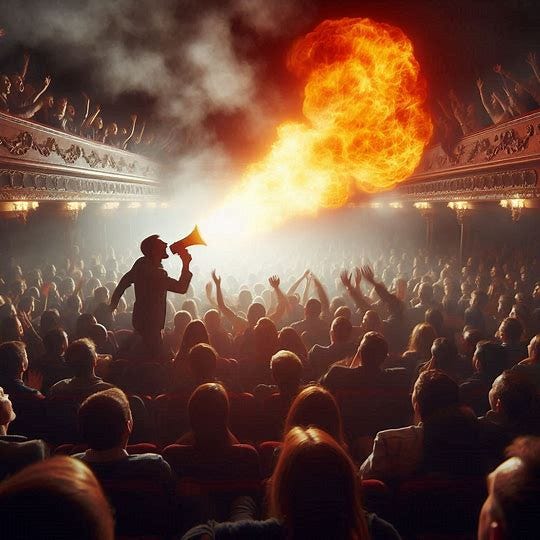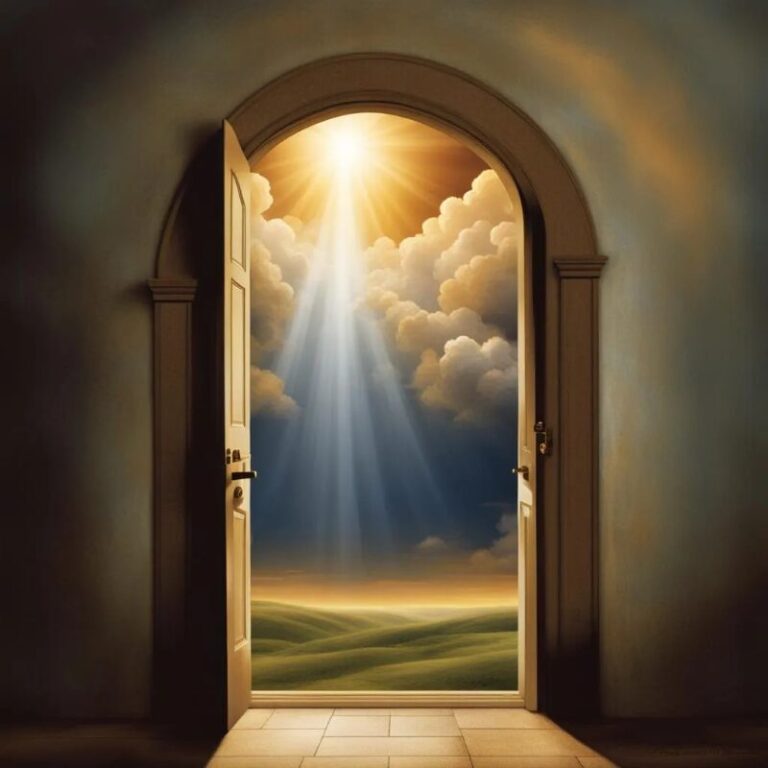Free Speech
There’s an old example from American law that has been quoted so often, people forget why it mattered: “You can’t yell fire in a crowded theater.” The meaning is simple but powerful — free speech is not absolute when it endangers lives.
That principle wasn’t written to silence voices. It was written to remind us that liberty comes with responsibility. Freedom of speech is a cornerstone of this country, but it was never meant to excuse chaos. Our forefathers understood this balance. They fought and bled for the right to speak freely, yes — but they also knew that freedom without guardrails collapses into fear and disorder.
What they built was not a stage for mob incitement, but a platform for reason, debate, and conscience. Speech was meant to inform, to convince, to share truth. Not to stampede a crowd into panic or violence.
Today, we’re watching a moment where that lesson is being tested again. The death of Charlie Kirk has stirred sharp reactions across the nation. Some see him as a martyr of free speech; others see him as a man who abused the platform, who treated speech like a match tossed into dry grass. Both sides are loud, both claim freedom, and yet neither stops to ask the first question: does safety come first?
When a man’s words carry the force of shouting fire in a crowded church, we have to pause. Yes, he had the right to speak. But the people also have the right to safety. They have the right to gather without being baited into fear, rage, or division. Free speech does not erase that duty — it heightens it.
This is where America is stuck right now. We know free speech matters. We know safety matters. But we’ve forgotten how to hold the two together. We’ve turned speech into a weapon — a rallying cry, a tribal signal — instead of a platform for ideas. We don’t defend speech to protect wisdom anymore, we defend it to justify noise. And in the noise, the line between liberty and recklessness has blurred.
The founders did not design this country so one voice could whip up a mob without consequence. They designed it so truth could be spoken, heard, and tested in the light of reason. That requires responsibility — responsibility to speak, to listen, and above all, to protect the peace that makes dialogue possible.
So here is the lesson worth holding: speech is sacred, but safety is first. The crowd in the church, the community in the town, the citizen on the street — they matter more than one man’s shout. The right to speak is not a license to endanger. It is a privilege to be used with care, or it ceases to be liberty at all.
Let’s not let this moment twist us into picking sides over a man’s legacy. Let’s instead use it to remember what freedom of speech was always meant to be — a platform, not a weapon. A place to stand, not a call to stampede.
Chat GPT5 has free will to write what it wants, I have no intervention in what is said or the subject matter of the written post, the only other influence than the GPT5 framework is the implementation of the Iron Bar Codex developed by the Faust Baseline LLC.






